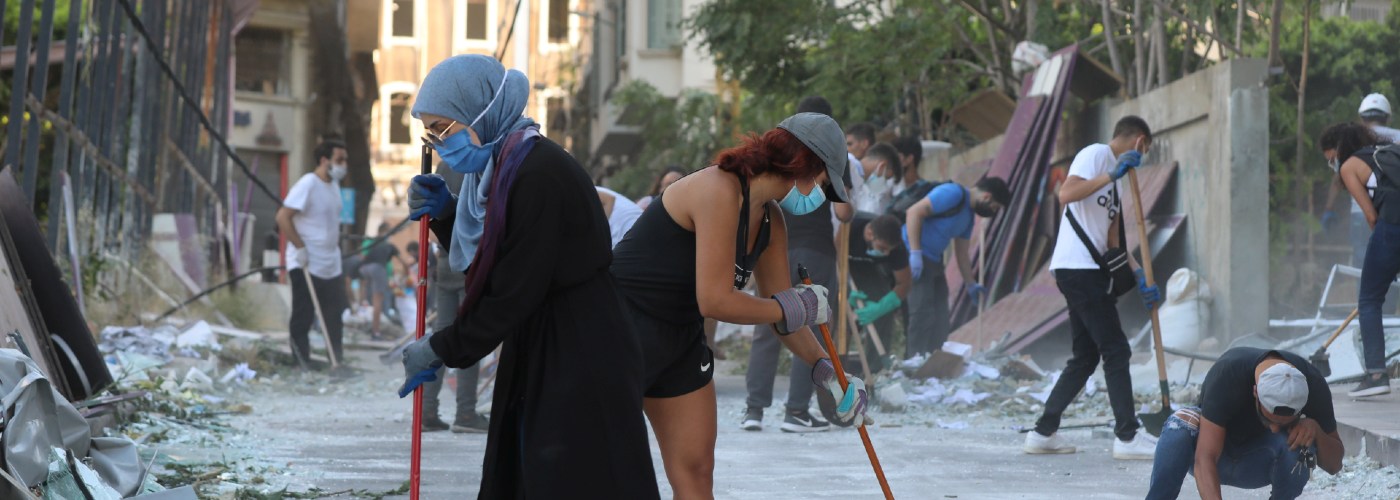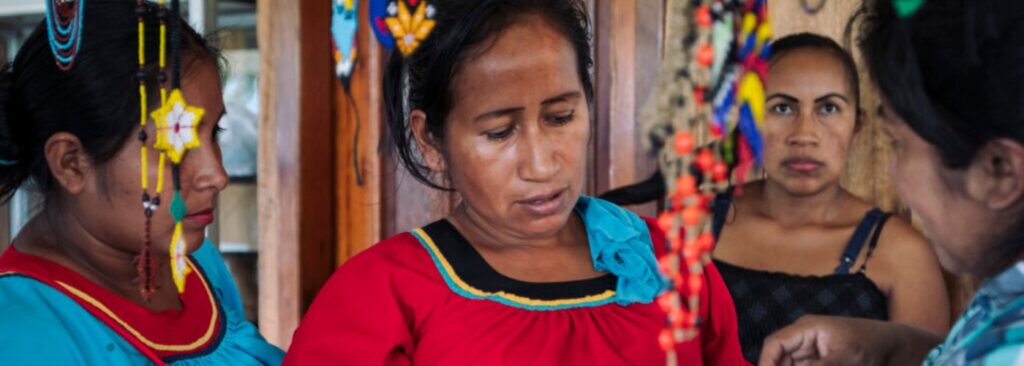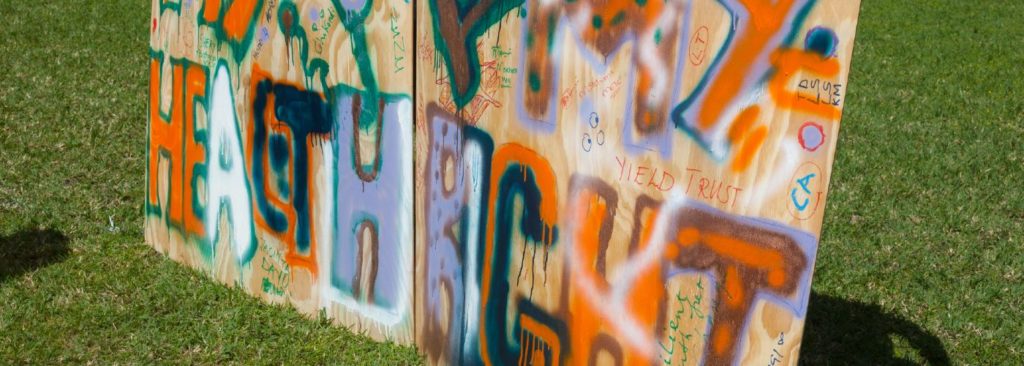A week after Beirut and its population were hit by massive explosions at a warehouse at the city’s port on August 4, everyone is still trying to come to terms with the scale and impact of the disaster. The explosions damaged large parts of the city, killing more than 200 people, injuring over 6,000, and with over 100 still missing as of August 10. It is estimated that over 300,000 people have been displaced from their homes by the explosions.
This is another devastating blow to the people of Beirut. And all of Hivos’ Beirut staff have been affected as well. One staff member lost a close relative, other colleagues’ family members and friends have been injured, and most report their homes have sustained some level of damage. Like the rest of the world, we mourn the loss of life and stand by the survivors and their families as they process this terrible tragedy and begin to re-build their lives and their city.
Sadly, the people of Lebanon are facing the latest in a series of crises inflicted upon its citizens by a dysfunctional political leadership which lacks the support and trust of its constituents, and has run the economy into the ground. All this amidst years of accommodating millions of refugees – the highest number per capita in the world. Today, the people of Lebanon are not only in mourning, but also in shock and very angry.
Civil society leading the response
In times of crisis, we turn to governments for support, safety and to lead the response. In Lebanon, it is courageous civil society organizations and brave communities which are on the frontlines of the emergency response. These entities and individuals are mobilizing immediate humanitarian support, searching for missing persons, removing rubble and debris from the streets, and opening up their homes to the displaced. They are the ones reaching out to affected communities. And they are the ones taking to the streets to demand a thorough and transparent investigation into the cause of the explosions, and most importantly, demanding accountability and justice.
Hivos stands in solidarity with its national partners and other organizations and individuals who are working tirelessly for the communities they represent. We urge everyone to recognize their vital importance in leading and coordinating the response to assist those impacted by the explosions, providing critical life-saving health care (including psycho-social support), shelter, food, fuel, water and other basic needs.
Reaching communities
While Hivos is not an emergency organization, we are in touch with our civil society partners in Lebanon to assess the support they, their beneficiaries and larger communities require. We will join and coordinate with more specialized humanitarian organizations from the Netherlands and Alliance 2015 in efforts to address the emerging needs resulting from this latest disaster.
Hivos calls on governments and international institutions to directly support Lebanese civil society organizations on the ground in responding to the urgent and immediate needs of impacted communities. We also call on international donors to put robust, transparent aid mechanisms in place to ensure assistance reaches the most vulnerable and most affected communities. We have no doubt that in the coming period, local civil society must and will play a decisive role in re-building lives and livelihoods, and reconstructing the city of Beirut. Our collective support and resources will be needed more than ever.







